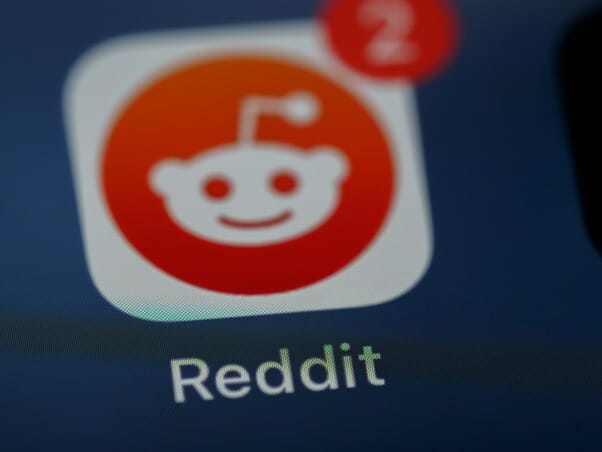Being helpful - #406

My friend Tom wore his "for the love of marketing" sweatshirt on Tuesday. That was an early HubSpot tagline; I had it on my office key when I first started. It's been a while since I've talked about marketing. And rather than clutter your inbox with another half-baked post-election essay, I thought I'd let my election thoughts cook a little longer and talk marketing.
What is marketing? If you studied it in college, you got the P&G story: marketing is the four "Ps", product, price, place, and promotion. If you go to the worst kind of conferences, you'll discover, variously, that marketing is storytelling, technology, experience, everything, or nothing. On this last idea, there's a school of thought among operations and product people that the best kind of product or service markets, sells, and supports itself. The weirdest kinds of marketing agencies are the ones that embrace "unmarketing" and act as business consultants who also happen to sell ads. Silly as that ends up being, the 'marketing is everything' folks are probably worse. Thinking of everything as a chance to pitch something is no way to live. The worst kind of career advice is the type where you are the brand and must therefor always be marketing yourself. LinkedIn has perfectly productized this behavior. I think we're going about almost all of this in precisely the wrong way.
If that's all what marketing isn't, then what is it? I think it's a whole lot simpler and harder to do. What if the best way of marketing is being helpful?
There are a lot of people out there asking questions. Just in the little HubSpot ecosystem, there are message boards, public Slack channels, and other places where people are asking for help. The percentage of these that go unanswered is big and it's an opportunity to help people. Rather than viewing marketing as building an audience by shouting or entertaining, why not view marketing as answering people's questions?
One business owner took this exact approach. His company manages a certain kind of advertising. He found the places on Reddit where people ask about that kind of advertising. He didn't spread links back to his site, or ask people to "book a free demo", or any of the of the other online marketing hacks. He answered their questions. It worked: some of the people decided his business was the kind of service they needed. Aside from his time, this cost nothing.
In terms of personal marketing, the second link below is exactly how we should build credibility: show off our work in a helpful way. The great HubSpot consultant Lee Bartelme shows a pretty nifty and technically advanced way to solve a common challenge. Rather than tell you he's cooked up something good, or link to a form where you can give your email to get some insight, he puts it in the a helpful format: a nice narrative, copy/paste-able queries, and screenshots of the outputs. No virtue-signaling here, just a usable sample of some real, good work. That's being helpful.
Reading
 Reddit is My Surprising Secret to Marketing Success
Reddit is My Surprising Secret to Marketing Success
Learn exactly how this founder used Reddit to build his profile as a thought leader and gain new customers.
 Reporting on Send Frequency in HubSpot with Datasets
Reporting on Send Frequency in HubSpot with Datasets
Do you know how how many emails you are sending to unique contacts monthly? Quarterly? As far as I know, it's not easy to get this information from HubSpot natively, but if you have datasets, which is now in Operations Hub Professional, you can build reports to look at send frequency within whatever time range you want.